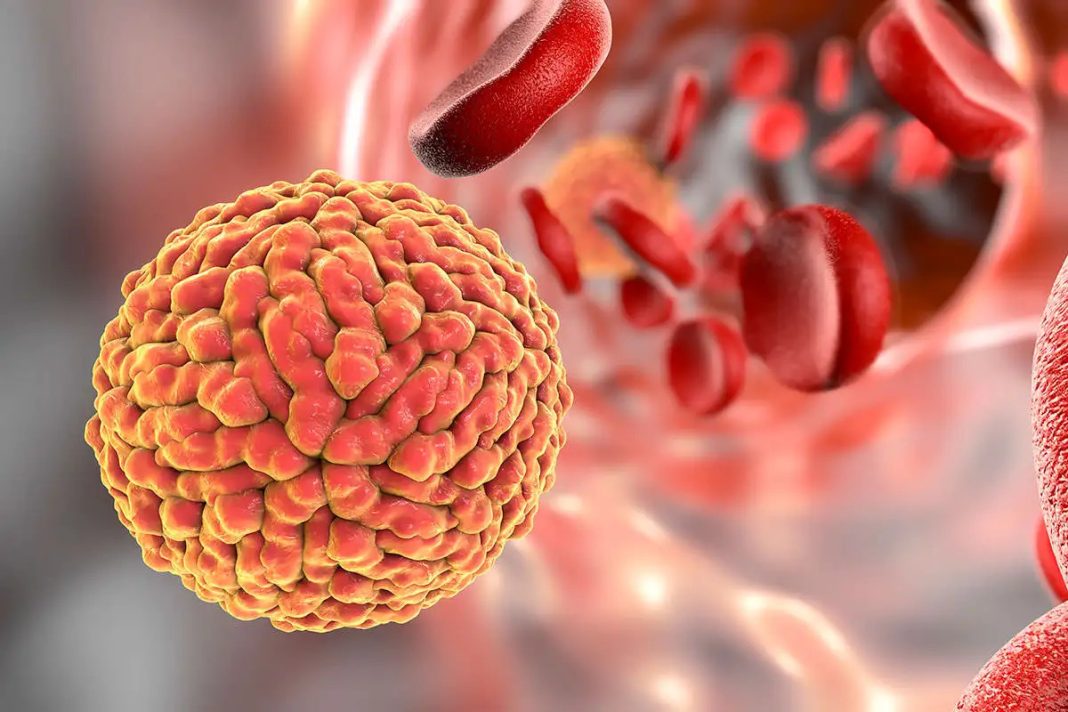Pune, Aug 8: Pune city has recorded 73 confirmed cases of Zika virus since June, civic officials said on Thursday.
The Zika virus is a mosquito-borne disease, which spreads especially fast during the monsoon season, when mosquitoes breed in stagnant water.
The first case of Zika infection was reported in Pune on June 20. While four patients who tested positive for the Zika virus have died, they had pre-existing conditions or age-related problems. The virus, however, severely hampers the immunity of the individual affected.
Of those infected in Pune, 26 are pregnant women, which opens them up to the risk of a birth defect associated with the infection, known as microcephaly – where a child’s head is smaller than usual for their body at their age.
As cases continue to rise, here’s a look at what the virus is, symptoms to look out for, preventive measures and treatments.
What is Zika virus
The Zika virus is transmitted primarily through mosquito bites in tropical and subtropical regions. The type of mosquito which spreads the virus, Aedes aegypti, usually bites during the day or afternoon.
The virus shares many symptoms with other infections like dengue fever, as the same mosquito also spreads dengue, chikungunya and yellow fever.
According to the World Health Organisation (WHO), it can also be transferred from a pregnant mother to a child, through sexual contact, blood transfusions and organ transplants.
Zika in pregnancy, apart from birth defects, can also cause stillbirth, pre-term birth or loss of the fetus. Other long-term effects of the virus on adults are still being studied.
Symptoms
According to the John Hopkins medical organisation, symptoms of the Zika virus are mostly mild, with 1 in 5 people even exhibiting symptoms in the first place.
Some common symptoms are:
- High fever
- Zika rash: flat or raised red spots on the body
- Conjunctivitis
- Headache
- Muscle and joint pain
These symptoms usually last for 3-14 days and then subside. Most cases of Zika virus do not need severe hospitalisation and symptoms, if any, go away in days.
The Zika virus can usually be diagnosed with a blood test.
Prevention
One of the keyways to prevent the Zika virus is to ensure that one does not get bitten by mosquitos, especially during the day. Wearing light coloured clothes, closing windows and doors, preventing stagnation of water in nearby areas, and using mosquito-repellent products can help.
Mosquito nets can also be used while sleeping, particularly for those who are most vulnerable – children, pregnant women, immunocompromised and elderly people.
Cleaning up trash and removing any standing and uncovered water nearby is also a must to maintain hygiene and prevent mosquito breeding.
Treatment
There is no vaccine or anti-viral treatment for the Zika virus. However, there are a few steps one can take if infected
- Rest
- Hydrating and drinking plenty of fluids
- Taking medication to bring down fever




